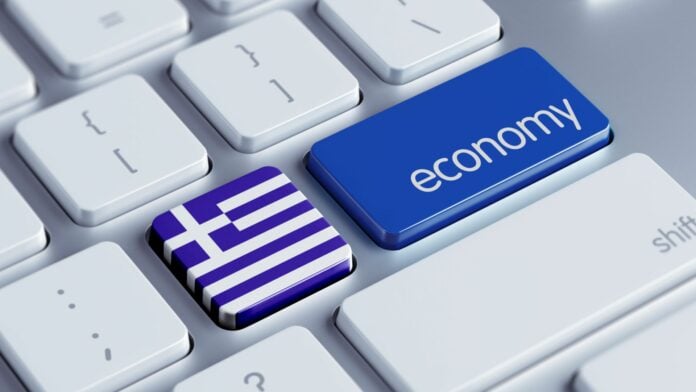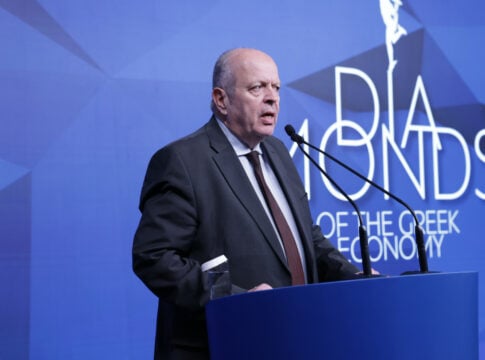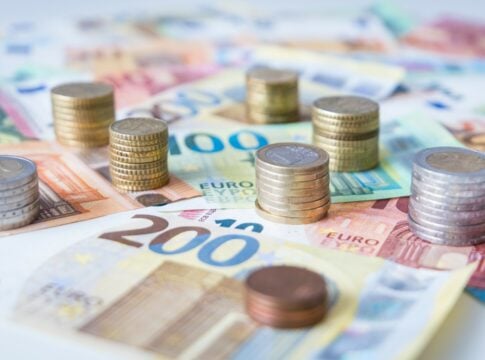Greece has ceased to be the weak member of the eurozone. Its public debt is falling, it is generating high primary surpluses and GDP is growing much faster than in most European Union (EU) states.
However, European sources recommended further effort in a number of areas, especially now that the European economy is faced with new challenges: the election of Donald Trump further weighs on the climate in the already suffocating industry, also causing political upheaval focused – for now – on Germany.
Next Friday, the European Commission is expected to publish its autumn forecasts for the economies of the member states. The first ones after the implementation of the new fiscal rules, but also the submission of the medium-term Fiscal-Structural Plans 2025-2028 by 21 member countries so far.
Regarding growth rates, the Greek economy is performing better than the rest of the member states, as the Greek GDP appears to be growing at rates higher than 2% both this year and 2025. In the Commission’s upcoming forecasts, we are likely to see some small changes compared to the previous estimates, which spoke of a growth rate of 2.2% in 2024 and 2.3% in 2024. Nevertheless, European sources noted to “N” that the Greek economy could record higher growth thanks to higher funds from the Recovery Fund.
They even noted that there is a need for further strengthening of productive investments and the introduction of “fresh” money in our country.
Reforms and deficits
In terms of reforms, competent European sources emphasized that Greece must take further steps forward, with the aim of boosting investments. An element which the Greek side seems to recognize: “In order to continue to do well, we must continue the reforms in the microeconomic sector, make the business environment even better, improve justice and a series of such changes that affect investors,” the president of the Council of Economic Experts, Michalis Argyrou, said to Ertnews.
One of the main problems of the Greek economy remains the large deficit in the current account balance, since, despite the fact that Greek exports are growing at a significant rate, there is pressure among other things, by the high prices of energy products. “For this reason, we are emphasizing the areas where Greece has a competitive advantage and we are simultaneously adopting initiatives such as incentives for mergers and innovation, in order to further strengthen competitiveness and exports,” the Minister of National Economy and Finance, Kostis Hatzidakis, said.
At the same time, the financial staff is on an open line with the European institutions in order to give the “green light” to increase the state guarantees of the ‘Hercules 3’ program by 1 billion euros. The additional guarantees were deemed necessary, as the portfolios that the banks have announced they wish to include in the third phase of the mechanism, in order to further reduce the index of bad loans, exceed the initial amount of 2 billion euros.














